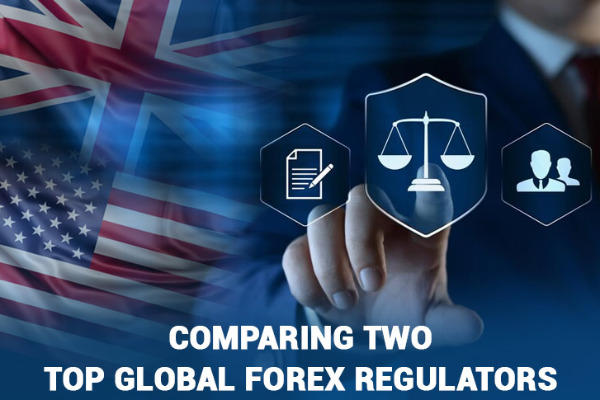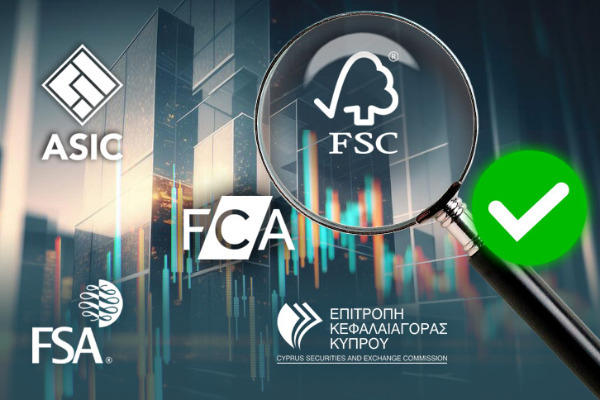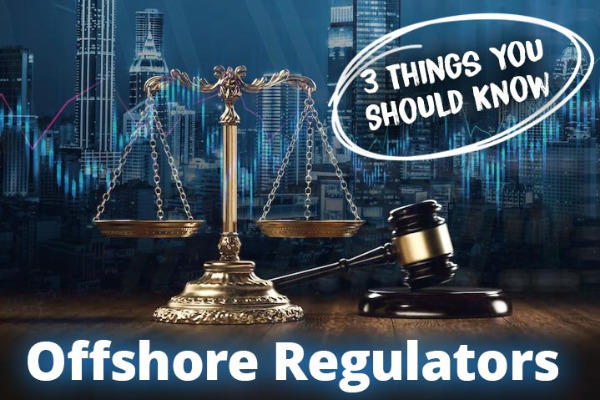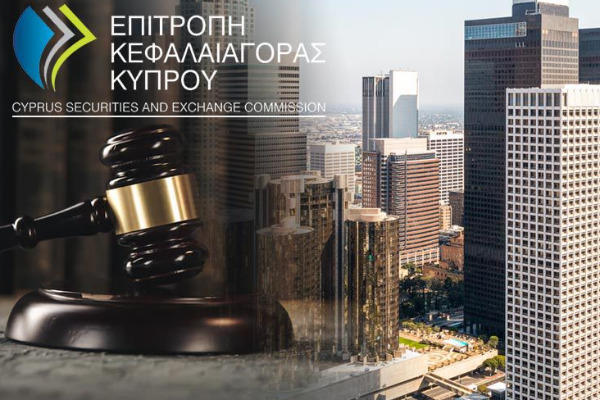It has been a common knowledge that a good forex broker must be regulated in at least one regulatory entity for safety measures. However, there are some disadvantages that you should recognize about it.
The forex markets run all day with many opportunities that traders or investors can get. There are several benefits if traders or investors trade in the forex market, such as high liquidity, low capital requirements, ease of entry, and low costs.
However, only a few traders or investors are truly successful in the forex market. Many traders or investors fail for several reasons. For instance, they use an extreme amount of leverage, a capital borrowed from forex brokerages to increase the potential return of investments.
They don't realize that the forex market cannot consistently offer greater investment returns. It prevents traders or investors from getting the opportunity of earning profitable gains. They take more risks and get small amounts of gains in return. Consequently, the forex market has been more regulated since many unscrupulous forex brokerages should not be in the industry.
Though the protection from these regulators looks good for consumers, some traders are not happy to welcome the regulations. Here are some of the reasons:
Regulators are Not Trusted to do the Job
Yet, many traders are skeptical that the regulators are up to the task. Instead of protecting the rights of the consumers, the regulators place restrictions that are only implemented as a reaction to media pressure. Also, regulators are generally slow to update their terms. A brokerage company can exploit a loophole for years before it is addressed.
For instance, the regulators cannot effectively control virtual companies that can shut down and start up in a new jurisdiction at will. Brokerages can contravene local regulators by not having a physical presence in the jurisdiction.
Traders Believe That Regulators Are Part of the Mess
Regulators receive big funding from their member companies. So, it is not a surprise that they have a certain kind of obligation to protect and support the bottom line of the brokerages.
Yet, many unscrupulous brokerages are regulated without adequate protections. Regulators try to create more user-friendly and reasonable requirements to support and protect only their own bottom line. Many traders believe that it is to be a significant trust issue and they blame lenient regulators for compromising on their protection.
See Also:
Regulated and Non-regulated Binary Options
A binary option is exercised automatically based on the option expiration. If the underlying asset's price is on the correct side of the strike price, a trader can make a profit.
Hence, a binary option offers one of the alternative investments with much higher risk. Other than that, non-regulated binary option companies still exist while the regulators can't stop it.
The powerless regulators against non-regulated binary option companies result in the growing of offerings of attractive products at higher risks with no consumer protection. It harms many traders because of the lack of trust in regulators.
Traders Do Not Want Their Consumer Rights Restricted
Investors or traders want to make a sizable profit and take a sizable risk to do it. To trade freely, they want to determine by themselves what is too risky and what is shady. They don't want someone else restricting their freedom to trade the way they want to. Yet, they also want protection from fraudulent and non-regulated companies to protect their funds.
Hence, the restrictions may be generally good for people who don't have the knowledge to trade successfully. However, traders with sufficient knowledge would feel restricted as strict regulators usually limit how their trading strategies are applied.
Take an example from the CySEC new restrictions that eliminate most of the more lenient offerings that may be crucial for both forex brokers and their traders.
Bonuses became a fundamental business component for almost all brokers, especially small brokers with limited capital to compete with others. If they want to maintain their CySEC license, they will be subjected to re-evaluate their marketing strategies to focus on long-term solutions that favor their clients' interests.
Some brokers eventually changed their strategy to focus only on the reduction of spreads and commissions, while others focused only on offering a wider ion of instruments.
From the traders' perspective, bonus programs can be an alternative to earn more trading credits without making additional deposits to their accounts. Some bonus schemes may be tricky or dangerously unfair.
However, experienced traders who understand the intricacies of the bonus programs, they may still want to join in any way to achieve certain targets. If the traders know the risk then it should not be a problem. The brokers only have to ensure the traders registering for the bonus programs understand the terms and conditions.
Final Thoughts
Regardless of those problems, many traders still believe in the licenses issued by regulatory agencies as the safety indicators when choosing a forex broker. Licenses from the abovementioned top FX jurisdictions are particularly well-trusted and held in high regard compared to licenses from other jurisdictions.
Yet, the dilemma between safety and flexible trading conditions creates a situation where many experienced traders are eventually driven to choose to trade in two kinds of forex brokers; the strictly regulated and the loosely regulated only for trading with no restrictions.
But before that, make sure that you have built a winning trading system that can't be hindered from any restrictions. If not, trading in a well-regulated forex broker should be your top priority.

 Dedicated FREE FOREX VPS
Dedicated FREE FOREX VPS Free FOREX Virtual Private Server
Free FOREX Virtual Private Server MT4 Demo Contest, Get $500
MT4 Demo Contest, Get $500 Sign Up for an Account, Claim 60% Deposit Bonus
Sign Up for an Account, Claim 60% Deposit Bonus Free MT4/MT5 VPS 2024
Free MT4/MT5 VPS 2024 Send E-mail and Get Free Merchandise
Send E-mail and Get Free Merchandise $1K Refer a Friend Bonus for Pepperstone Pro clients
$1K Refer a Friend Bonus for Pepperstone Pro clients Maximize Your Earnings with 100% Deposit bonus
Maximize Your Earnings with 100% Deposit bonus Trade to Win, $5,000 Monthly Demo Contest
Trade to Win, $5,000 Monthly Demo Contest Claim 30% + 15% Deposit Bonus from LiteFinance
Claim 30% + 15% Deposit Bonus from LiteFinance

















